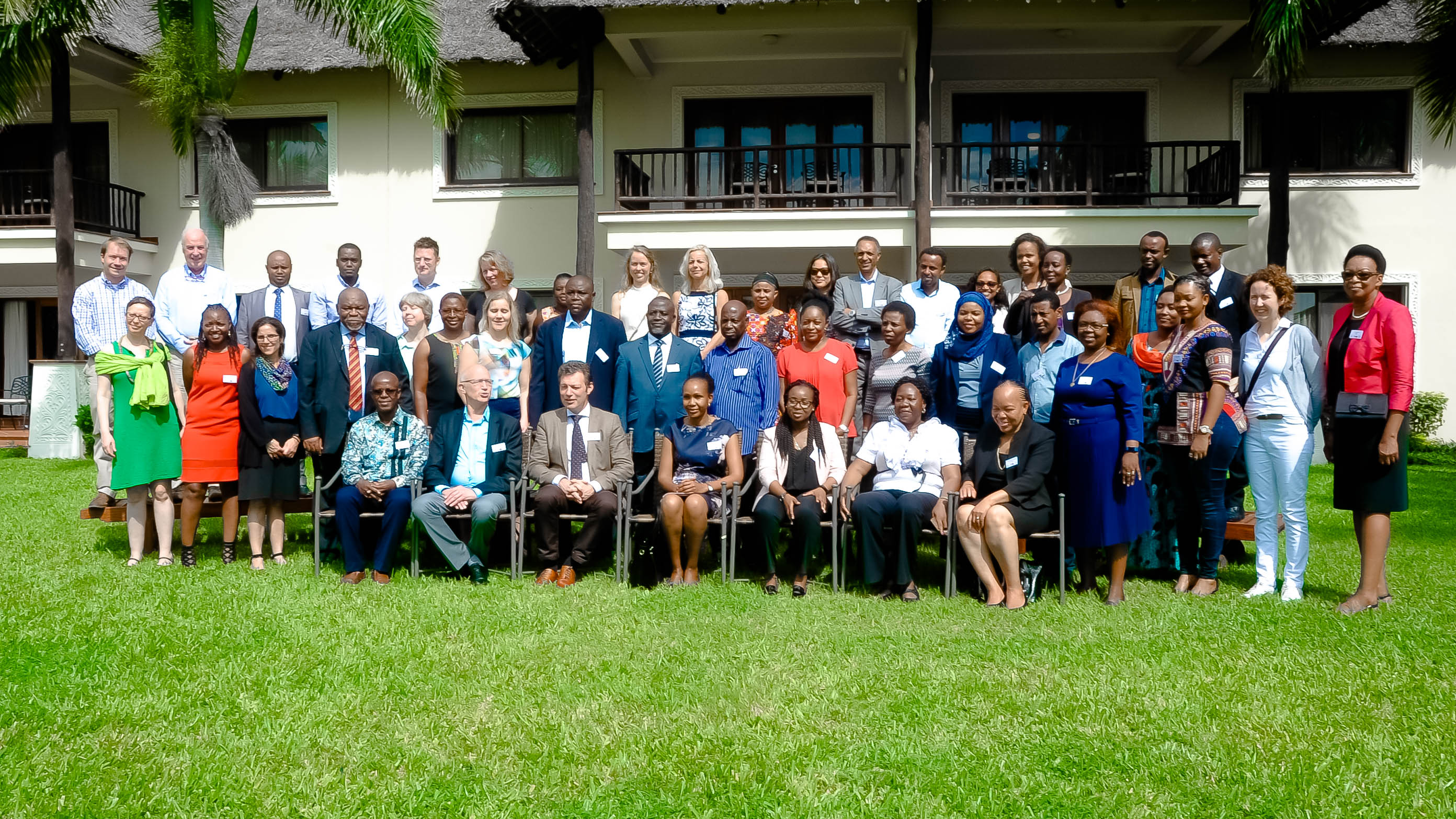
23 May Research project aims to improve drug safety in Africa
Members of the Amsterdam Institute for Global Health and Development (AIGHD) team were recently in Tanzania to launch a unique project that seeks to improve drug safety in Africa.
PhArmacoVIgilance Africa (PAVIA) held its official kick off activities the first week of May in Dar es Salaam, Tanzania. Funded by the European & Developing Countries Clinical Trials Partnership (EDCTP), PAVIA seeks to support African health systems to effectively and safely monitor, evaluate and deliver new medications locally. A true collaborative effort, AIGHD is bringing together a number of partners to ensure PAVIA is a success.
The project will focus specifically on developing local systems and improving the safety of new drugs aimed at treating multidrug-resistant tuberculosis (MDR-TB). The goal is to develop an effective system at country level for management and reporting of adverse reactions for this family of drugs. The system that will be developed through PAVIA can then be rolled out across the countries to monitor, evaluate and approve other types of medications.
Throughout the four-year project, PAVIA will create sustainable systems that can be implemented nationally, enabling four African countries to improve their processes to approve and monitor new medication. For patients, this means greater access to quality, effective and safe medications.
PAVIA is designed on a highly collaborative and synergistic partnership involving four partners from Europe and nine partners drawn from four sub – Saharan African Countries (Ethiopia, Nigeria, Kingdom of Eswatini and Tanzania). In each of these countries, representatives from three key organizations will work together to lead the project; they include:
- The National Medicine Regulatory Authority
- The National TB Public Health program, which is responsible for introducing new TB-related products and medications; and
- A Medical Research Institute connected to a local university.
“By working with key partners, we will provide appropriate and importantly, sustainable system recommendations and education so the national health system can take greater ownership of drug safety, monitoring and implementation for their patient populations,” said AIGHD Professor and PAVIA project coordinator Frank Cobelens.
In addition, the project will include an education component to train health professionals at the national and local levels. This will improve the reporting of side effects using different means and will also enhance the skills of health professionals specialized in the side effects of drug treatment for poverty-related diseases.
At the end of the project, PAVIA will deliver a blueprint for strengthening the medication regulatory processes which can be implemented across other Sub-Sahara African countries, ultimately making medications safer for patients across the continent.
Visit the PAVIA project website for more information.
Read local media coverage on the PAVIA launch:
